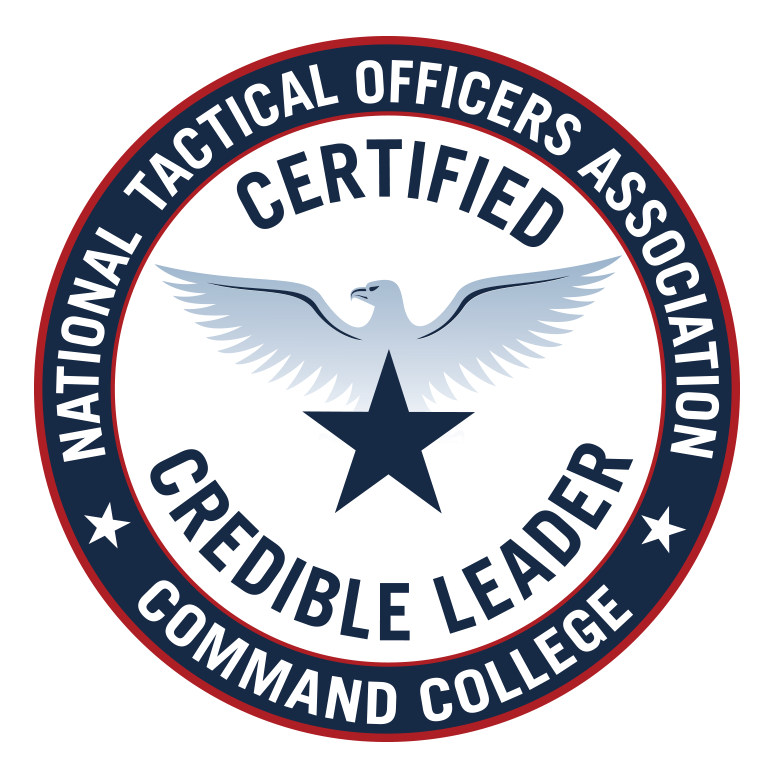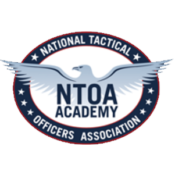- Understand leadership concepts, principles, styles and practices.
- Understand the differences between leadership and management.
- Understand how to counter the Corruption Continuum.
- Understand why people are resistant to change and how to identify when it’s necessary and how to effectively implement it.
- Understand how influence and behavior regulation work together in the accomplishment of a mission.
- Understand how “Generational” differences affects a leader’s ability to influence employee or a team.
- Identify the 7 Steps to Improving Emotional Intelligence in Law Enforcement.
- Identify the four Cornerstones of the Moral Compass.
- (Something from Tactical Team Leader Course)
- (Something from the Training & Risk Mitigation Course)
- Abrashoff, Michael (2002). It’s Your Ship: Management Techniques from the Best Damn Ship in the Navy. New York: Warner Books.
- Abrashoff, Michael (2008). It’s Our Ship: the No-Nonsense Guide to Leadership. New York: Warner Books.
- Howe, P. (2011). Leadership and Training for the Fight: Using Special Operations Principles to Succeed in Law Enforcement, Business, and War. New York: Sky Horse Publishing.
- Normore, A., Javidi, M., Normand. N., Anderson, T., Scott, W., & Hoina, C. (2014). Moral Compass for Law Enforcement Professionals. Raleigh: International Academy of Public Safety.
- Phillips, D. T. (1992). Lincoln on Leadership : Executive Strategies for Tough Times. New York: Warner Books.
- Phillips, D. T. (1998). The Founding Abrashoff, Michael (2008). It’s Our Ship: The No-Nonsense Guide to Leadership.New York: Warner Books.
Overview
Phase 1 of the NTOA Academy is entitled “Tactical Leadership” and is designed to provide a comprehensive introduction to leadership, ethics, character, supervision, communication and self-development to tactical commanders. It was developed with the understanding that tactical commanders must be able to lead their teams in a climate that requires exposure to established leadership models, as well as, established tactical procedures. Tactical Leadership exposes students to leadership concepts and theories that have been successfully employed by visionaries in law enforcement, government, industry, military and corporations. It includes segments from celebrated innovators in the field of leadership, team-building and ethical thought. “Tactical Leadership” includes two self-assessments, five reading assignments and two blended courses specifically designed for the tactical commander: Tactical Team Leadership and Training & Risk Mitigation, followed by the completion of a Capstone Research Project.

